
Murders, and Not Terrorism, Make India a Really Dangerous Country
The Wire – India records the second highest number of murders in the world every year

The Wire – India records the second highest number of murders in the world every year

The Jerusalem Post – “In Israel, we don’t feel threatened with imminent violence. The feeling of security with our police and army plus unity of the population reinforces the generalized feeling that we are not alone.”
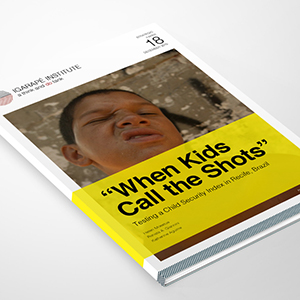
This Strategic Paper describes the first pilot study of the Child Security Index (CSI) and its usage as an open source application to capture children’s perceptions on violence.

Last night’s Question Time panel followed the House of Commons in debating Syria and whether Britain should be bombing there

Yemen is the new Syria. A civil war erupted there early this year between two factions, each claiming to be the legitimate government

After nearly three years of peace negotiations, the Colombian government and the Revolutionary Armed Forces of Colombia (FARC) announced a final peace accord would be signed before March 23, 2016

Prime Minister Justin Trudeau’s commitment toward major drug law reform is a welcome if belated recognition that when it comes to marijuana, Canada has been an emperor with no clothes for several years
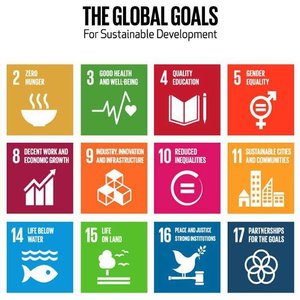
Are the Sustainable Development Goals in danger of collapsing under the weight of their own lofty ambitions?

The New Yorker – This is the second in a three-part series, “Faces from the Border,” about Mexican-American agents on the border between the United States and Mexico

Miami Herald – A poll by an independent research group has found deep public suspicion of the first round of the presidential election in Haiti

New York Times – A poll by an independent research group has found deep public suspicion of the first round of the presidential election in Haiti
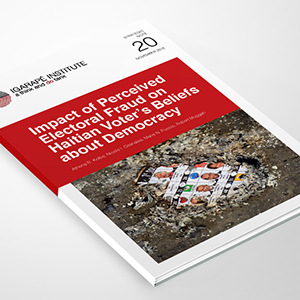
An Igarapé Institute research team administered household surveys in 135 polling stations before and after the election to assess attitudes about the electoral process; this publication gathers it’s results.

Foreign Affairs – Over the last five months, El Salvador has suffered unprecedented levels of homicidal violence

Americas Quarterly – Economic growth alone won’t stem violent crime. But the right policies – and leadership – can make a difference

The Conversation – The argument for the use of police body cameras is gaining momentum in South Africa, amid growing demand for greater police accountability

TeleSURtv – Brazil is suffering from an epidemic of gun violence, with more than 4,000 people killed this year in the state of Rio de Janeiro

BID – A vast array of public and private policies and programs are underway. Most of them can be categorized as “citizen security” interventions
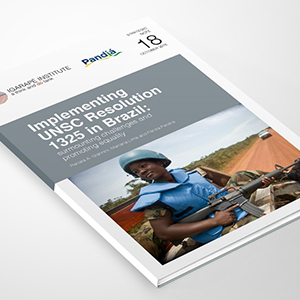
This Strategic Note reviews Brazil’s implementation efforts of Security Council Resolution (UNSCR) 1325, particularly in relation to UN peacekeeping operations.

IDS – While no one knows for sure, at least 600 informal settlements litter the hills and peripheral areas of Rio de Janeiro. The city’s 1.5 million poor live cheek to jowl

By 2050, roughly 6.4 billion people – almost the equivalent of the planet´s current population – will live in a city. The future success of the SDGs resides, in large part, in cities.

Agosto pasó a la historia como uno de los más negros para El Salvador desde la guerra civil que concluyó en 1992. El saldo de ese mes fue: 911 asesinatos en 31 días
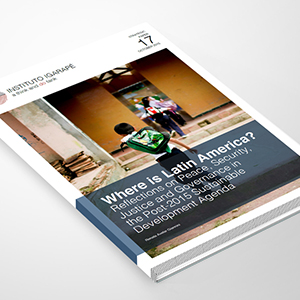
This Strategic Paper studies the contradiction between high levels of violence in Latin America and the low priority given to achieve Susteinable Development Objective 16.
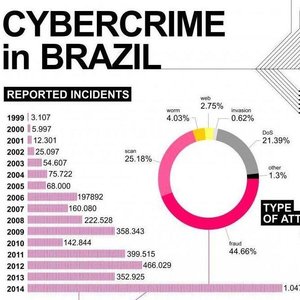
Foreign Affairs – Brazil ranks second worldwide in online bank fraud and financial malware. Yet much of the Brazilian public remains unaware of the scale of the problem.

O Globo – Documento feito por três ONGs aponta ainda que a maioria é de fabricação nacional e de calibre permitido

On a Saturday morning, in a group of Rio de Janeiro’s notoriously violent shanty towns, or favelas, heavily armed pacification police stand on one side of the street, on the other side, protestors call for them to withdraw.
On the protest side, Mayse Freitas lists the people she knows who have been injured or killed in shootouts in the area recently.
“I’m a mother and a grandmother,” Freitas says. “I don’t want my children or grandchildren to be next.”

The Guardian – At least 122,683 Syrians have died violently since the civil war flared up four years ago, according to the Violations

Short interview on data visualisation of a global homicide platform to inform public policy around safety
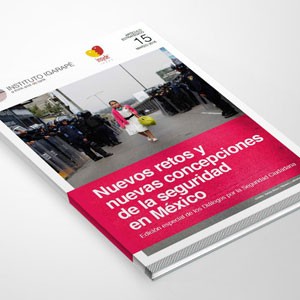
SP-15: Algunos países y regiones en el mundo han visto acumularse durante décadas las evidencias de éxito en las intervenciones encaminadas a construir comunidades seguras y no violentas

Brasil har siden 2004 ledet FNs stabiliseringsstyrke på Haiti, og aldri tidligere har Sør-Amerikas største land sendt flere soldater ut på internasjonale oppdrag. Brasilianske toppdiplomater har de siste årene fått lederjobbene i viktige internasjonale organer som FAO og WTO. Tidligere president Luiz Inácio Lula da

SK Football – The game of football holds a larger than life status in the country of Brazil. The prevalence of the sport in Brazilian culture is so ubiquitous that there is probably not a single stretch of land left in the country where a ball has not been rolled

O Instituto Igarapé utiliza cookies e outras tecnologias semelhantes para melhorar a sua experiência, de acordo com a nossa Política de Privacidade e nossos Termos de Uso e, ao continuar navegando, você concorda com essas condições.

